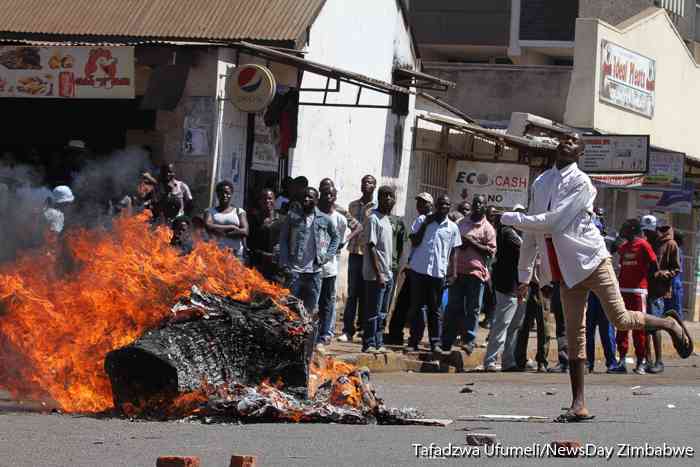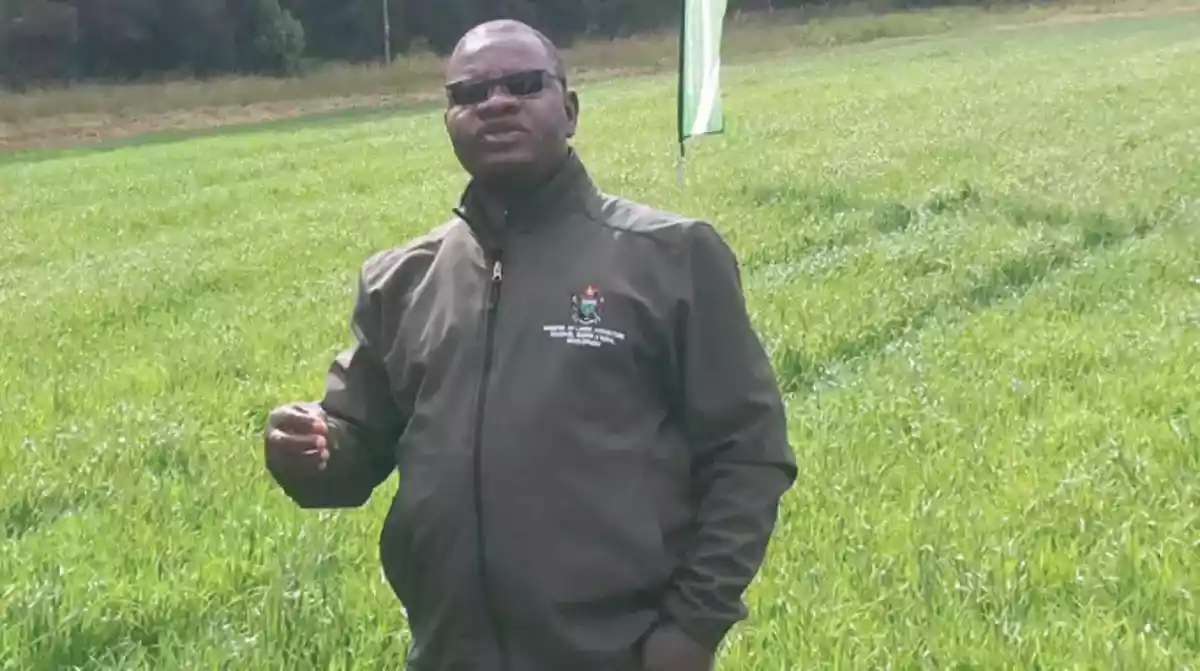
Most Zimbabweans are experiencing “tyrannical peace”, a form of seemingly non-violent order maintained through fear, suppression of dissent and exclusionary control of resources, a report has revealed.
In a report titled: A Perpetual State of Insecurity in Zimbabwe, Zimbabwe Human Rights Association (ZimRights) said the Zanu PF government had deployed “tyrannical peace” to prolong its rule.
“So far, the focus has been on threats to personal security and peace stemming from the misuse of the criminal justice system, particularly evident through instances of malicious arrest and prosecution. However, beyond these direct and conspicuous acts of violence against citizens, there exist more subtle, structural (violence) in Zimbabwe in all aspects of life,” partly read the report.
“The insecurity faced by most vendors and other informal traders stems not only from their lack of vending licences but also from the politicisation of stalls and spaces where they can sell their goods.”
ZimRights pointed out that poverty was another form of violence Zimbabweans are being exposed to, leading to insecurities because impoverished individuals and communities are easier to control since they are more susceptible to coercion through necessities such as food and clothing.
“This (poverty) extends beyond mere lack of money to encompass various forms of deprivation that the impoverished face, such as homelessness, poor health or malnutrition, a lack of clean water or electricity, poor quality of work, or limited access to education. This wide range of disadvantages that disproportionately affect those living in poverty constitutes a form of structural violence. Autocratic governments often benefit from poverty, and in turn, repressive regimes reinforce conditions of poverty and in turn, repressive regimes reinforce conditions of poverty.
“ZimRights community monitors have also noted that before the outbreak of politically-motivated violence in Zimbabwe, youth are often ‘bribed’ with meagre sums of money, food and alcohol to perpetrate the attacks at the behest of political elites. Therefore, the high unemployment rate among Zimbabwean youth pose a threat to peace and security, as impoverished youth are highly vulnerable to manipulation and abuse,” ZimRights said.
- Why must we celebrate human rights defenders?
- ‘Drug, substance abuse among youths reflects social fabric breakdown’
- 2023 polls: Power shifts to Zimbabwe’s electorate
- Economy fuelling drug abuse: Students










